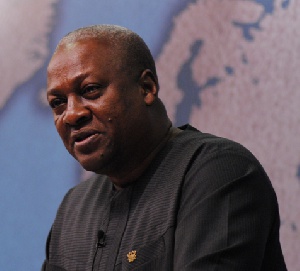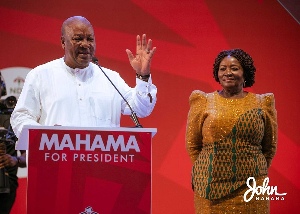The Ghanaian economy, touted in 2010 as the fastest growing economy in the world now lags behind most countries in Sub-Saharan Africa (SSA).
The country’s key economic indicators which are critical for sustained economic growth are disappointingly way below expectation.
According to the Institute of Social, Statistical and Economic Research (ISSER), macro-economic management of Ghana’s economy will remain a real challenge as the key economic indicators continue to provide unfavourable signals.
Ghana’s inflation rate which stood at 17.3 percent in August down from 17.9 the previous month is according to ISSER almost three times the average of SSA (5.8 percent in 2015).
Interest rate, on the other hand, was found to be extremely high (between 26 and 35 percent) amidst very low rates within the sub-region and globally. This has led to a major decline in credit to businesses and, therefore, subdued business confidence.
Ghana’s domestic fiscal and external current account deficits remain large, almost three times the average of the SSA average while government debt is twice the average in the sub-region and nearly double its value five years ago. ISSER notes that government debt is huge by historical and SSA standards “with a rapidly increasing share being owned to the private sector.”
The persistent fiscal deficit raised concerns from international finance institutions such as the IMF that countries like Ghana “may be following policies that are less supportive of stability objectives while building undue fiscal vulnerabilities.”
Checks by this paper on the same indicators in individual countries within the sub-region revealed a wide departure from what obtains in Ghana.
Inflation rate in Nigeria grew for the seventh consecutive month to a 2-year high of 9.2 percent in June 2015 while its Central Bank held Monetary Policy at 13 per cent. Experts, therefore, maintain that Nigeria’s lending rates hardly exceeds 15 percent.
The inflation rate in previously war-torn Ivory Coast was in July this year recorded at 1.50 percent while the interest rate was last recorded at 3.50 percent.
Sierra Leone boasts of 8.11 percent inflation rate as at July 2015 and a 9.50 per cent in interest rate (July 2015).
Neighbouring Togo recorded 1.70 per cent inflation in July 2015 while interest rate was last recorded at 3.50 percent.
Experts, worried over the implications of these adverse signals for the country in terms of both foreign and domestic investments have described the situation as “pathetic.”
“These are key macro-economic indicators so if they are not performing, it indicates that Ghana’s market fundamentals are weak,” one expert observed.
According to them, the poor economic indicators hardly support the mantra that “Ghana is the preferred destination when it comes to investments.”
“The competition to attract investment is quite high and investors want to move to areas where they are assured that their funds or investments are secured, and so a stable macro-economic environment is a major are consideration,” notes economist and lecturer, Dr Eric Osei Assibey.
According to him, investors want to be assured that there is not a high probability of default on the part of government in meeting basic requirements that protect their investments.
“If we continue to tout ourselves as the gateway to Africa and the preferred destination and yet we report such figures, investors won’t take us seriously because even war-torn countries are doing much better,” Dr Assibey warned.
“We call ourselves the preferred destination but it is obvious that the inflows that are expected to come in are not coming,” he pointed out.
Last week, renowned economist, Dr. Joe Abbey lamented the state of affairs of the Ghanaian economy and called on government to face the realities by taking bold fiscal measures to cure the ills of the economy.
Government itself in July this year admitted capital outflows from Ghana into other emerging markets, a situation that impacted negatively on the nation’s current account and capital development and crippled the Ghana cedi.
“We are seeing capital flows moving from Ghana and other emerging markets to other economies,” Deputy Minister of Finance, Cassiel Ato Forson told the Business Finder in July.
Business News of Friday, 18 September 2015
Source: The Finder













